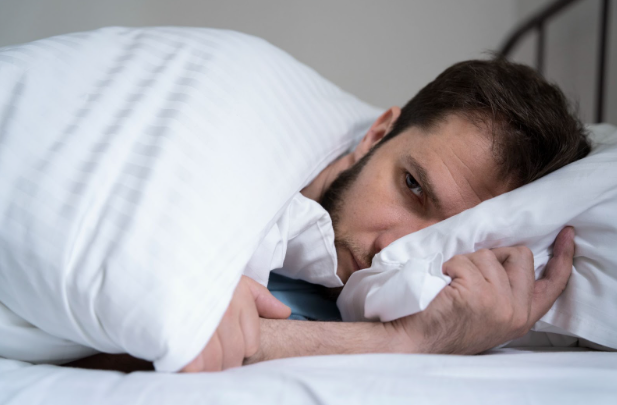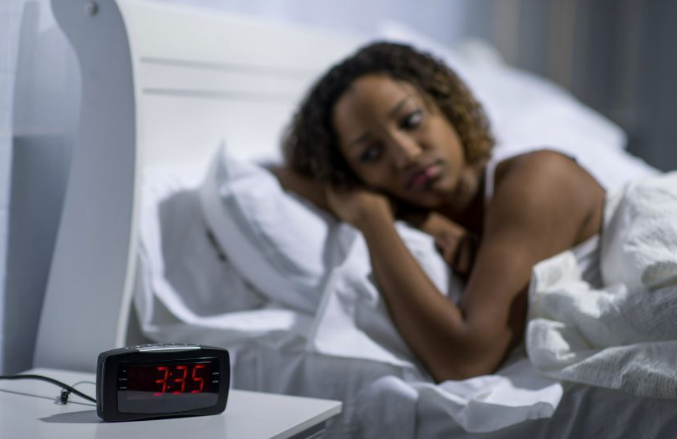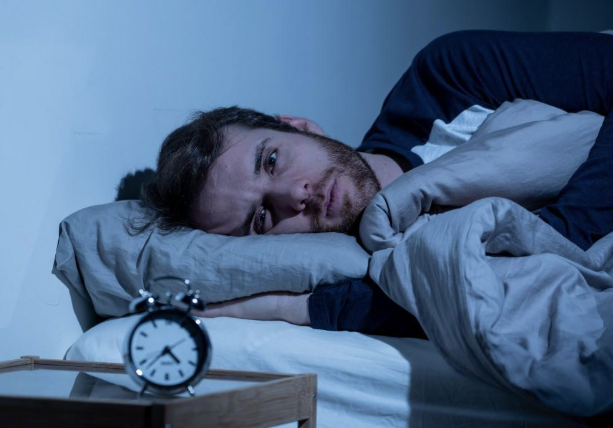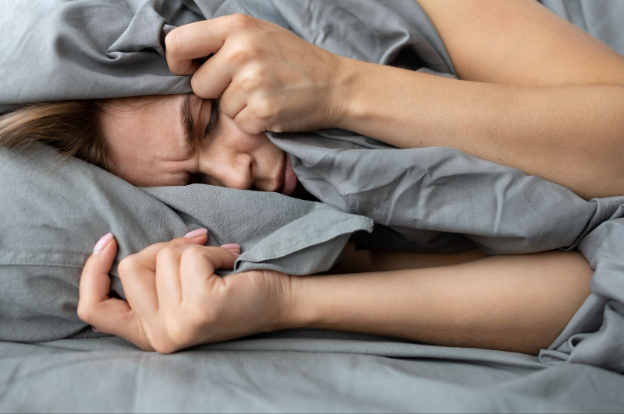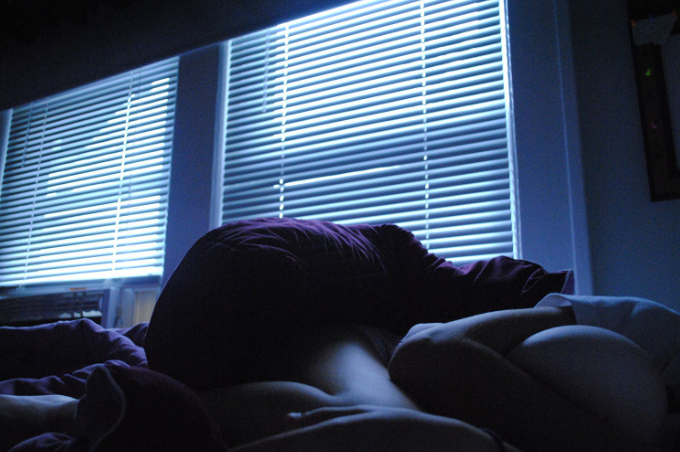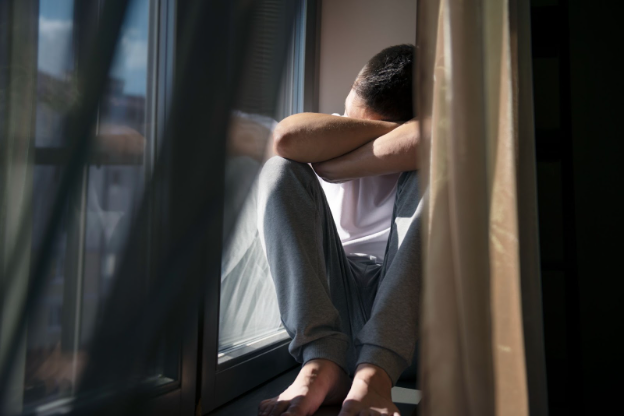
- Depression, Psychiatrist in Fairfax County, Sentara
- 0 Comments
Finding the right psychiatrist in Fairfax County, Virginia that accepts Sentara can feel overwhelming—especially when you or a loved one is navigating depression. Access to trusted mental health care matters, and having coverage through Sentara can make the path toward treatment more manageable. In communities throughout Fairfax County, individuals and families are seeking compassionate, evidence-based […]
Read More
